
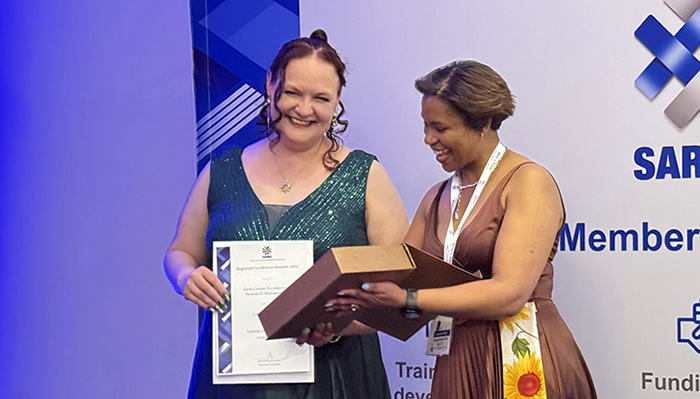
Leonie Louw (left) receiving the Early Career Excellence in Research Management Award
The professional recognition of research administrators and managers marks a significant milestone – one that not only affirms their commitment to professional development but also showcases core and transferable (cross-cutting) competencies, as well as their contributions to meaningful achievements and impact in research management.
When a colleague informed Leonie Louw about the opportunity to apply for professional recognition, she was initially sceptical. However, she was soon able to recognise its value and realised that she could qualify for recognition as a Research Administration Professional by the International Professional Recognition Council (IPRC). She says, "The opportunity for peer review, mentoring and peer recognition was too good to pass up."
Louw, a Research Ethics Officer in the Directorate: Research Support, recently received the Research Administration Professional recognition.
"Professional recognition is not just about the confidence of having my hard work recognised but also the opportunity to plan my career in the research management space," she reflects. "I think that recognised research professionals contribute to the standing of Unisa as an institution as it signals a strong culture of integrity, compliance and innovation."
Being a recognised professional in research means that Louw’s professional skills, achievements and contributions meet the high standards of quality and integrity. It also presents an opportunity for community and networking with peers through professional bodies and associations. "I've found great value in my collaborations with colleagues from other institutions, sharing best practices and receiving guidance," she says.
When asked about the application process, Louw said it is well-structured and based on the IPRC Professional Competency Framework. "My evidence for the application was mostly focused on the research ethics and integrity sphere," she indicates. While the competency framework spans nine key competency areas across the research administration and management space, an applicant is required to provide evidence for all the activities and tasks included for consideration by the IPRC.
Another recent highlight and achievement for Louw was receiving the Early Career Excellence in Research Management Award from the Southern Africa Research and Innovation Management Association (SARIMA).
"It was such a wonderful surprise, and I want to take a moment to thank SARIMA and also Dr Retha Visagie and the Department of Research, Innovation and Commercialisation for the nomination," says Louw.
The Early Career Excellence in Research Management Award recognises newcomers to the research management field who have less than five years of experience and have contributed to the standing of the research or innovation support function at their organisation. Louw says it was amazing to share this experience with colleagues from the Research Support Directorate at the 2025 SARIMA Excellence Awards ceremony in September at Stellenbosch.
"I believe that the professional recognition presents our research and support staff with an opportunity to reflect on their professional journey and plan for their career futures," she says. "We often find that there is a clear pathway and recognition for academics. Our research administrators and managers make a significant contribution within the academic space, and they deserve to be recognised for it."
Louw continues to contribute at and beyond Unisa, strengthening research ethics and governance on national and international levels.
* Compiled by Mpho Moloele, PR and Communications, Department of Research, Innovation and Commercialisation
Publish date: 2025-10-30 00:00:00.0
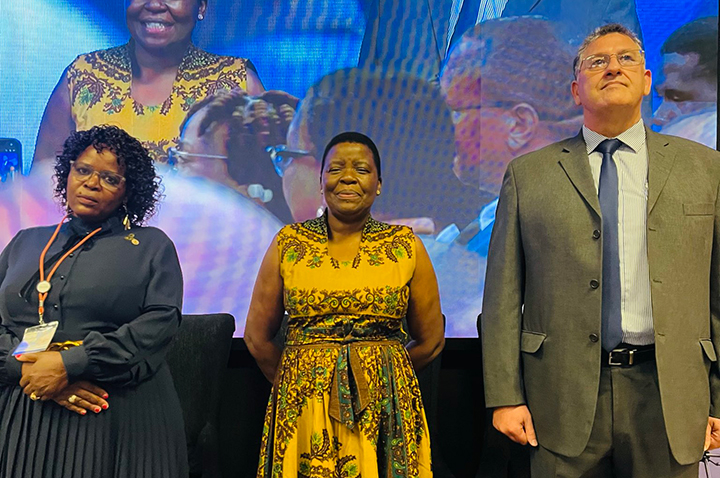 Imbizo targets fraud and corruption on a national scale
Imbizo targets fraud and corruption on a national scale
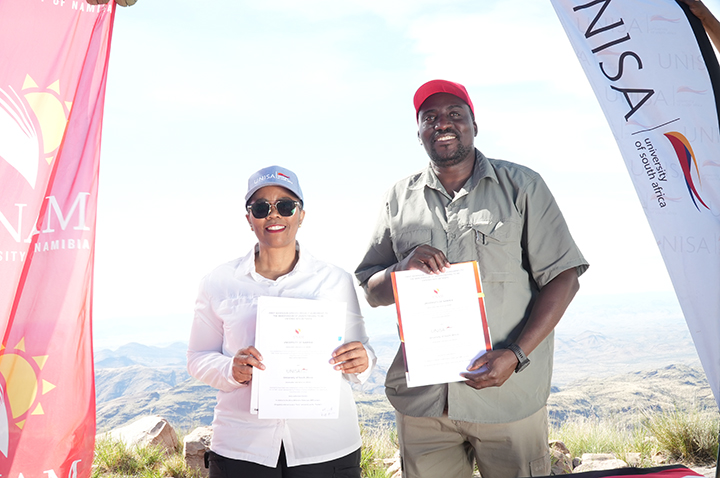 Unisa and UNAM partnership advances Africa Millimetre Telescope project
Unisa and UNAM partnership advances Africa Millimetre Telescope project
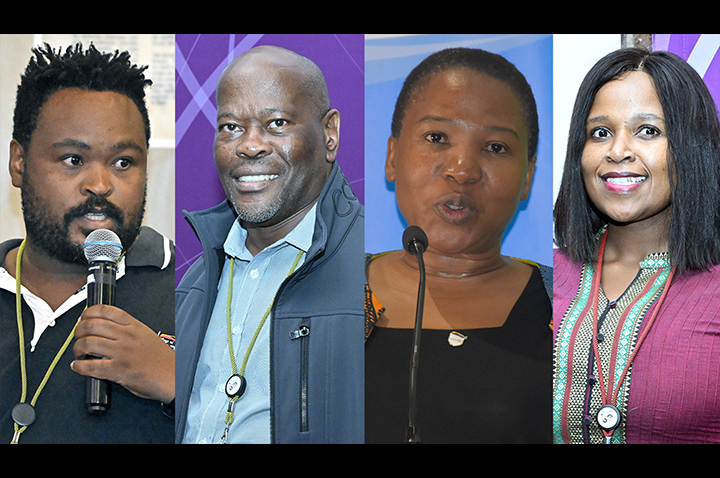 Unisans reflect on the 2026 Principal and Vice-Chancellor's Lekgotla
Unisans reflect on the 2026 Principal and Vice-Chancellor's Lekgotla
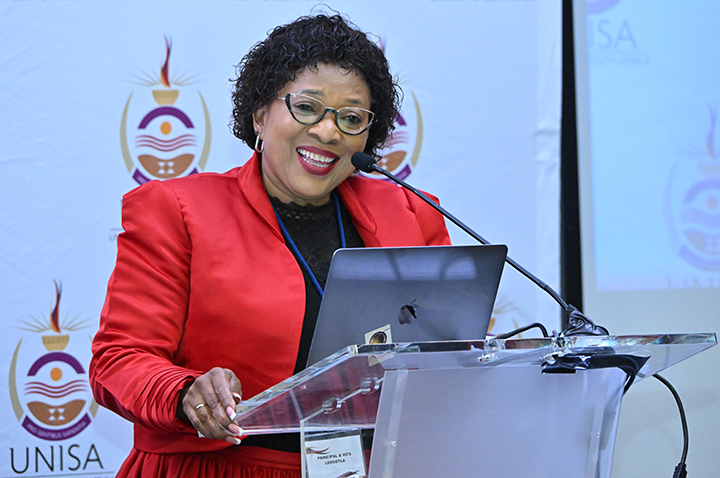 Lekgotla panel discussion rethinks the modern university
Lekgotla panel discussion rethinks the modern university
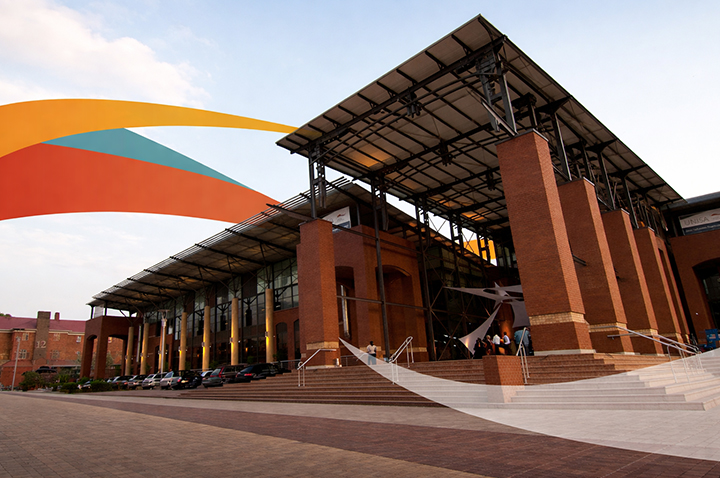 Unisa redefines student support through Inhlanyelo Hub NPC
Unisa redefines student support through Inhlanyelo Hub NPC